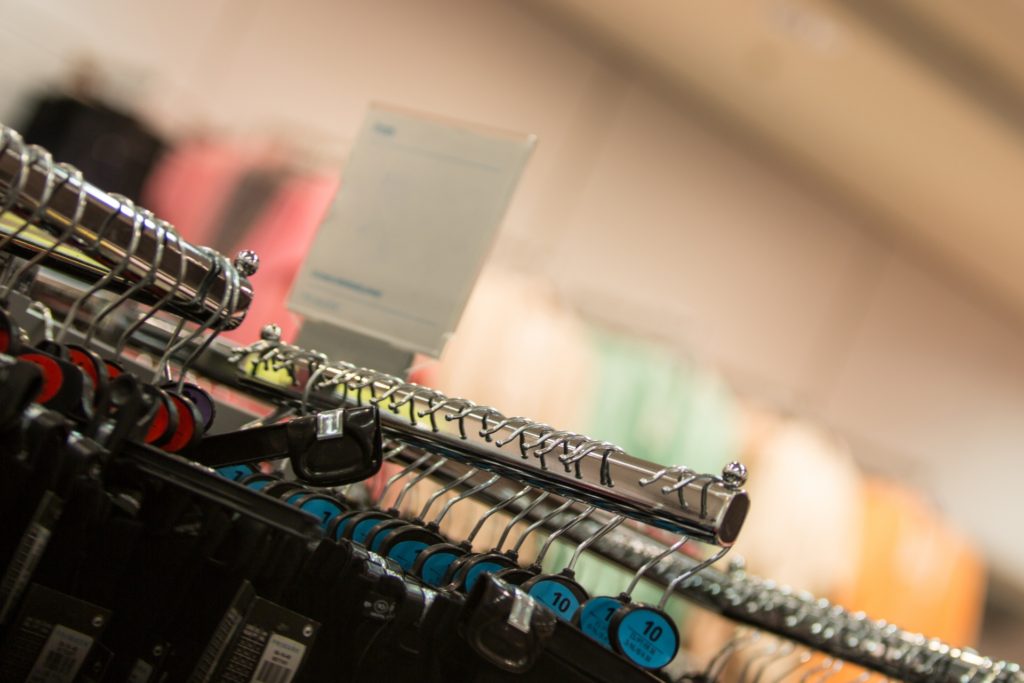
By Danielle Amster and Tanisum Halim, staff writers
Houseparty, a video-chatting app that was launched in September 2016, has become popular amongst adults and teenagers alike. Unlike the creators of Skype or Oovoo, Meerkat Inc has developed an app that allows up to eight people to video-chat at the same time.
Following usual signup requirements such as name and email address, the signup process requires users to add their phone number as a verification method. This syncs the user’s contacts into the app, helping them connect with friends who also use it.
“Houseparty” lives up to its name with party terminology that describe its features. A typical group consists of friends the user wishes to “party” with, and if someone who is not in the group is invited to join the party, a “stranger danger” notification appears. A wave emoji or a “buzz” can be used if someone wants to invited their friend onto the app. While in the video-chat session, users can “pass a note” to a friend without having to leave the party by tapping on an their friend’s face or name. To maintain privacy, the “sneak into the house” feature prevents the app from sending out notifications to the user’s friends when the user is “in the house” if he or she wishes to remain secret. The user can stop getting notifications when friends are in the house by “muting” them and they can also “lock” any room so no other users can enter their “party.” As an extra incentive, the app contains quirky messages or compliments like “Your voice is so angelic, you can lull babies to sleep” each time the app is opened.
Senior Dina Selimovic explained that she uses the app a few times a month. “It’s cool because you can get to know friends of friends and plenty of people can join in on a conversation on your phone, especially since facetime is just between two people,” she stated. Junior Melanie Esterine also spoke about how convenient the app is, stating that “apps such as skype tend to be so complicated to use, especially on a phone. Houseparty notifies you when your friends are available so it’s easier to video chat – you don’t have to be constantly checking to see if people are online.” Most teenagers seem to appreciate the notifications that they receive from the app because it helps them get in contact with their friends much faster. Addressing potential safety concerns of parents, sophomore Meftahul Jannat feels that “if you use the app cautiously and be careful of who you add as your friend, it should be completely safe to use since the app has features like “stranger danger.” This warns you when someone you don’t know joins the chat and you can always block people.”
The app is continuing to receive positive reactions amongst young adults. Although sixty percent of houseparty users are younger than twenty four, Houseparty has brought in about fifty two million dollars in profit during the three months after its initial release. It remained in the top ten charts on the app store for an extended amount of time but faces competition between social media apps Snapchat, Instagram, Facebook, and Twitter.

































